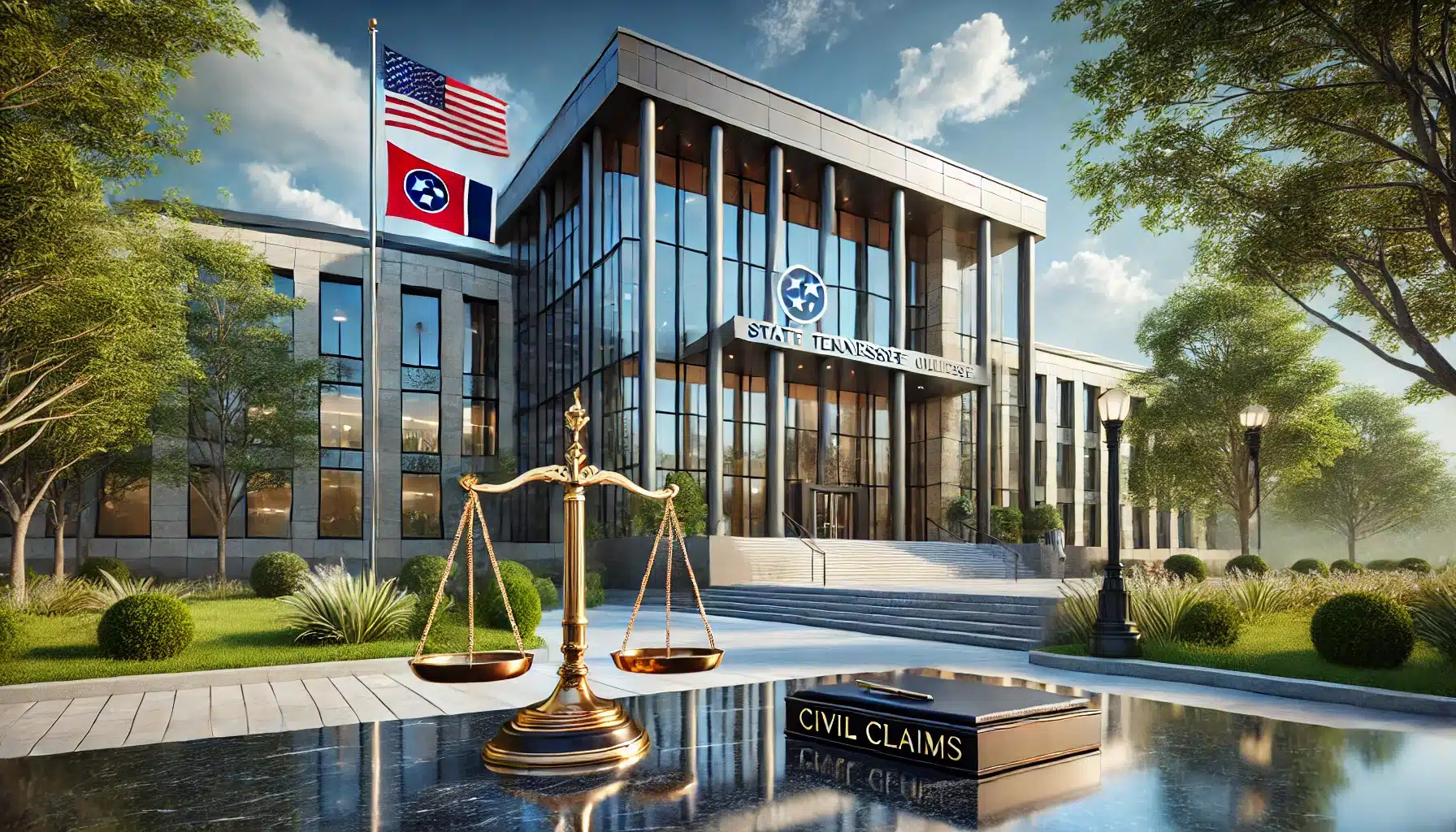How To Prove A Tennessee Legal Malpractice Claim

In Tennessee, a claim of Legal Malpractice is defined as:
Legal malpractice happens when an attorney handles a case inappropriately due to negligence or with intent to harm and causes damages to a client.
It simply means:
When a lawyer fails to do their job (intentionally or unintentionally) and their client suffers as a result.
There are 4 elements of the claim:
- Element 1. The defendant attorney owed a duty to the plaintiff. In a legal malpractice claim, the defendant attorney is considered to have a responsibility to act in the best interest of the plaintiff, meaning they must provide competent and diligent legal representation throughout the case.
Facts that might support this element look like:
* The defendant attorney was retained by the plaintiff to provide legal representation in a personal injury case.
* The defendant attorney and the plaintiff entered into a written retainer agreement outlining the scope of legal services to be provided.
* The defendant attorney had a professional obligation to act in the best interests of the plaintiff throughout the legal proceedings.
* The defendant attorney was licensed to practice law in the jurisdiction where the plaintiff’s case was filed.
* The defendant attorney communicated regularly with the plaintiff regarding the status of the case, establishing a client-attorney relationship. - Element 2. The attorney breached that duty. The attorney failed to meet the expected standard of care in their work, meaning they did not act as a competent lawyer would, which harmed their client and is a key part of proving legal malpractice.
Facts that might support this element look like:
* The attorney failed to file the client’s lawsuit within the statute of limitations, resulting in the dismissal of the case.
* The attorney neglected to communicate critical developments in the case, leaving the client uninformed and unprepared for court.
* The attorney provided incorrect legal advice that led the client to make detrimental decisions regarding their case.
* The attorney did not conduct necessary legal research, which would have uncovered key evidence beneficial to the client’s position.
* The attorney failed to respond to opposing counsel’s motions, jeopardizing the client’s legal standing and case outcome. - Element 3. The plaintiff suffered damages as a result of the breach. The plaintiff experienced harm, such as financial loss or emotional distress, because their lawyer failed to perform their duties properly, which is a key part of proving a legal malpractice case.
Facts that might support this element look like:
* The plaintiff incurred significant legal fees while attempting to rectify the issues caused by the defendant’s negligence.
* The plaintiff lost a substantial settlement opportunity due to the defendant’s failure to file necessary documents on time.
* The plaintiff experienced emotional distress and financial hardship as a direct result of the adverse outcome in their case.
* The plaintiff was forced to hire a new attorney to address the fallout from the defendant’s breach of duty.
* The plaintiff’s business suffered a loss of revenue due to the prolonged litigation stemming from the defendant’s malpractice. - Element 4. The attorney’s breach factually caused the plaintiff’s damages. The attorney’s mistakes directly led to the plaintiff suffering losses, meaning that if the attorney had done their job correctly, the plaintiff would not have faced those damages.
Facts that might support this element look like:
* The attorney failed to file the plaintiff’s lawsuit within the statute of limitations, resulting in the dismissal of the case.
* The attorney neglected to gather crucial evidence that would have supported the plaintiff’s claims, weakening the case significantly.
* The attorney provided incorrect legal advice, leading the plaintiff to make decisions that ultimately harmed their position in the case.
* The attorney’s lack of communication caused the plaintiff to miss critical deadlines, directly impacting the outcome of the legal matter.
* The attorney’s failure to adequately prepare for trial resulted in a poor presentation of the plaintiff’s case, leading to an unfavorable verdict.
(See Barna v. Preston Law Grp., P.C., No. M2011-02016-COA-R3-CV (Tenn. Ct. App. May 31, 2012).)
If you’re in court without a lawyer and plan to assert a Claim of Legal Malpractice, it’s essential to have a Personal Practice of Law at Courtroom5. You’ll need to make critical decisions about what to file at each phase of your case and prepare legal documents supported by thorough legal research and a strong analysis of the facts. Our platform provides the resources you need to navigate this complex process effectively.
Prove Your TN Legal Malpractice Claim
U.S. Civil Cases Only
